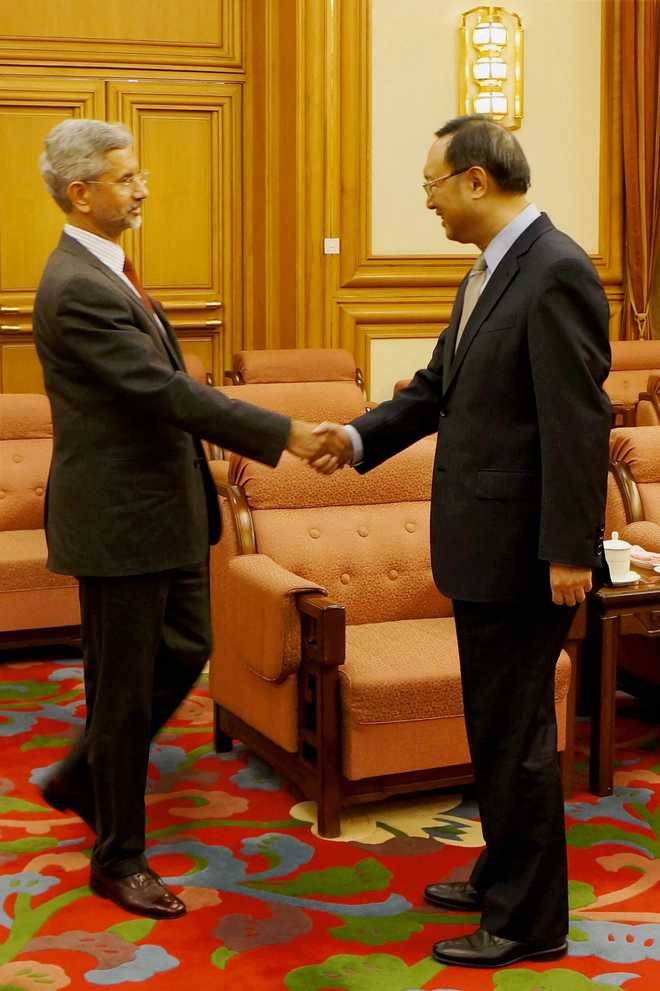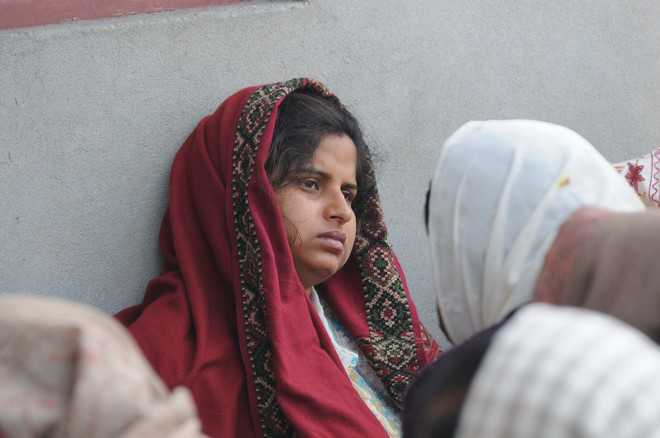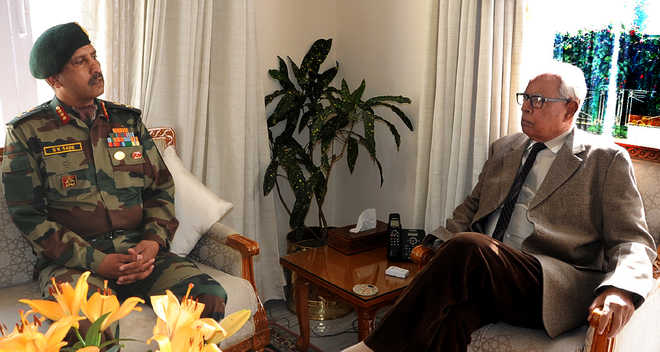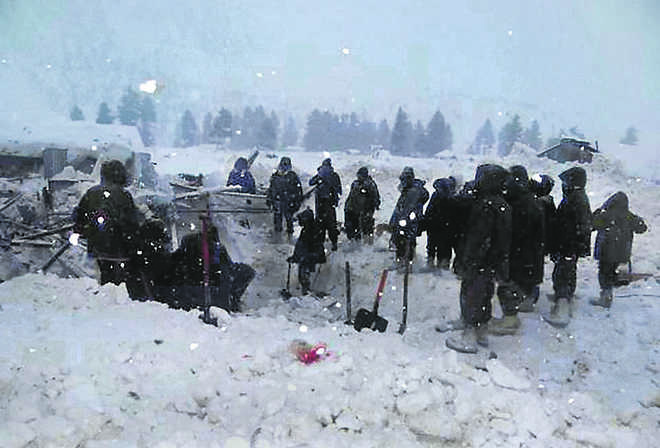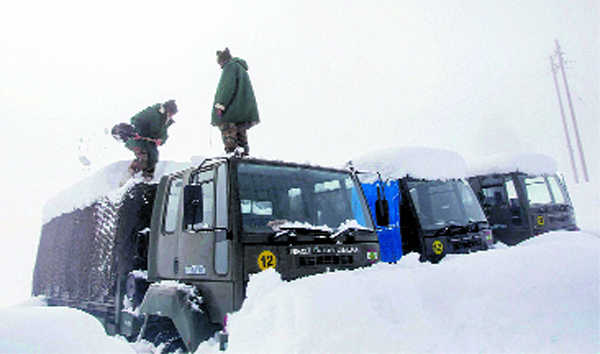Major General (retd) Satbir Singh, a member of the Indian Ex-Servicemen Movement, has been spearheading a campaign against the Prime Minister’s claim that his Government implemented ‘One Rank, One Pension’ for ex-servicemen. In an interview with National Herald correspondent Vishwa Deepak, he explains why.
The Prime Minister in his election rallies has claimed that his Government has implemented OROP. So why are you sitting here at Jantar Mantar demanding OROP?
Because he is lying to the people of India. He has done nothing of the kind. Jo diya wo OROP hai? (What has been given is not OROP). I am prepared to debate it live on any TV channel with him or anyone he chooses. I am sorry to say that obnoxious is the word for him and his colleagues.
OROP affects the jawans the most. Out of 24 lakh ex-servicemen, 85% are again jawans numbering 18 lakh people. Out of 6.45 lakh widows, 85% are jawans’ widows. And the Prime Minister patronisingly says OROP has been granted after making compromises with the needs of poor people. Shame on him.
Would you say that the PM is making a false claim to sway voters, specifically ex-servicemen, in Uttarakhand?
Of course he is doing it to mislead people and get votes. He spent three days in Uttarakhand and repeatedly said that OROP had been implemented by his Government. If he had really implemented it rightly, why would he have to make such a pitch and keep repeating it? Wouldn’t he have got electoral dividend?
Why do you say that OROP has not been granted?
On September 15 2013 when he called us at Rewari (Haryana), he promised to implement real OROP. What he has implemented is a one-time increase in pension. There are four major anomalies. First, the definition has been changed.
Defense personnel who served on the same rank and for the same length of service, we demanded, would be entitled to the same pension irrespective of their date of retirement. He has accepted the first part, but not the second. Moreover the equalisation of pension would take place once in five years—which would mean it is one rank and five pensions. Going by the provisions, people who retire later will get a higher pension. The scheme is effective from July 1, 2014, with 2013 as the base year, while we wanted OROP from April 1, 2014 and 2015 as the base year.
General, you have been campaigning against the Government and targeting the Prime Minister…have there been consequences?
They have filed a case of embezzlement and one of the officers had to spend six days in jail. We are campaigning with our money, not the Government’s. Nobody other than defence personnel has paid us a paisa. I am travelling with my own money. The Minister of State for Defence on January 14 said that the Government had implemented OROP but some ‘negative elements’ were still criticising it. I challenge him to come on any TV channel and debate the issue with me.
You claimed that you have been protesting at Jantar Mantar for 600 days. Hasn’t anyone from the Government reached out to you?
I come here every day and February 13 , 2017 is the 610th day. But while the Government is talking to militants, not one of them has come to talk to us.
Our people come from all over the country, camp here for a few days and go back. We are not agitating or indulging in any violence. But after this Government came to power, I have written 60 letters to the Prime Minister and around 100 to the Defence Minister. But there has been zero response.























































